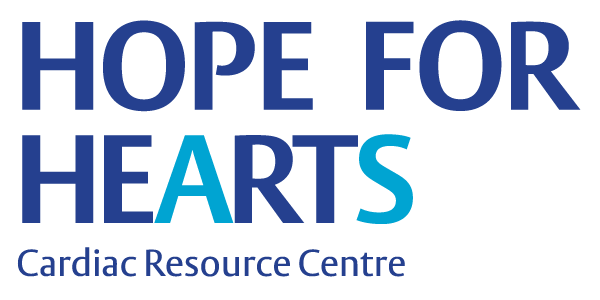menuclose
What are the Symptoms of Heart Failure?
The signs and symptoms of heart failure are:
- Shortness of breath
- Ankle oedema
- Difficulty to sleep lying down
- Decreased exercise tolerance
- Breathlessness
- Sleep apnoea
- Fatigue
- Abdominal ascites/ swelling
- Rapid weight gain
- Cough
- Elevated JVP
- Crackles on lung auscultation
Red Flags for GP’s to consider early referral
- NYHA Class 3-4 patients
- Syncope
- Orthopnea/ Paroxysmal nocturnal dyspnea
- Heart rates > 100 bpm
- Heart rates < 40 bpm
- Hypotension – Systolic BP < 90 mmHg
- Heart murmur (considered significant)
- Abnormal ECG
- Increased troponin levels
- LVEF < 40%1.
Diagnostic Tests for Heart Failure
- ECG:
- To assess baseline cardiac rhythm, QRS duration, identifying underlying conditions such as left ventricular hypertrophy, myocardial ischaemia etc
- CXR:
- Helpful to detect underlying pulmonary congestion, identifying cardiomegaly (enlarged heart)
- LFT’s / FBC
- BNP Levels:
- HF rule out BNP < 100 ng/L
- HF rule in BNP > 400 ng/L
- NT proBNP levels:
- HF rule out proBNP < 300 ng/L
- HF rule in NT proBNP > 450 ng/L (levels depend on age group and may be higher than 450 ng/L)
- Echocardiogram:
- Assesses underlying cardiac structures and effectively assesses the function of the heart via LVEF measurement, and may, therefore, help classify stages of heart failure and treatment options2.
The table below outlines potential diagnostic workup for patients with suspected heart failure:
Source: Heart Lung Circ3.
Learn More About The Treatment Options For Heart Failure For Australians.
